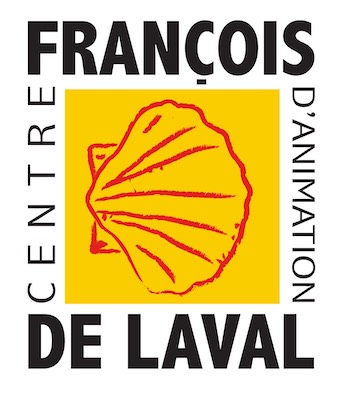THE SAINT
Who was François de Laval?
François de Laval
(1623-1708)
Pastor, educator, seigneur, administrator and founder – a multi-faceted legacy was left by this figure of stature. Quebec’s first bishop was a pivotal force in this region’s social and religious history.
Several boulevards, parishes, schools and monuments bear his name today.
This great bishop has now been elevated among the Saints.
A man to know
A man of daring
Despite the possibility of a glittering career in France, François chose to work in a mission country. Originally destined for Tonkin, he was eventually chosen to organize the new Church in Canada, a country with no structures in place and a clear lack of resources. He devoted the next 50 years of his life to this task and chose to die in Canada.
A man of solutions
How could services be provided to believers scattered over such a huge territory, where communities were too poor to support a resident clergy? François had a brilliant idea: the Quebec Seminary. It was a society of secular priests, whose mission was to train “pious members able to be sent to meetings of all kinds”; to provide priests who were “legally movable, revocable or destitutable” to serve country parishes; and to support its members throughout their lives by the pooling of their property.
A man of fairness
Nobody escaped his attention. François never hesitated to support the most disadvantaged in society and to protect the interests of the religious communities. In addition, he fought throughout his life to preserve the dignity of the Amerindian peoples, fiercely opposing the traders who exploited them by providing alcohol “in order to get beaver pelts from them”. Recognizing the importance of his work, the Hurons named him Hariaouagui, “the man of great deed of salvation”.
A man of charity
François gave freely of his time, attention and property. He helped the Hospitaller nuns “in the meanest tasks”, lent the services of his only gardener, and deprived himself of many things in order to distribute fabric and clothing each year to the poor. “He said to me in the saddest and most touching way that he could not live for long if he had nothing to give to the poor.”
A man of education
If the country was to prosper, its young people had to be taught all the necessary trades. François founded the Minor Seminary to prepare young boys for the priesthood, developed elementary education in country villages, encouraged the schools founded by the Jesuits, Ursulines and Congregation of Notre-Dame of Montreal, and set up the Grande Ferme (Big Farm), where young people were introduced to work in the fields.
A man of business
Under the seigneurial regime of the 17th century, most revenue came from cultivated land. François bought the large seigneuries of Beaupré coast and Orléans island, not for himself but to finance the many buildings such as flourmills, churches, schools and so on needed to attract and retain settlers in Canada.
A man of resilience
Life in Canada was hard and dangerous. Intense cold, long distances, war with the Iroquois, fire, the lack of financial and human resources, the rumours spread by some governors: nothing could discourage him! François remained confident, rebuilding and regrouping after each disaster.
A man of example
Although “language is necessary in dealing with the Indians, it is one of the lesser parts of a good missionary, just as in France, the ability to speak fine French is not what makes an effective preacher.” For François, action always came before words! In keeping with this view, he advised new recruits to “have nothing in our lives or in our morals that appears to contradict what we say”, because “a good example is more persuasive than speech”.
